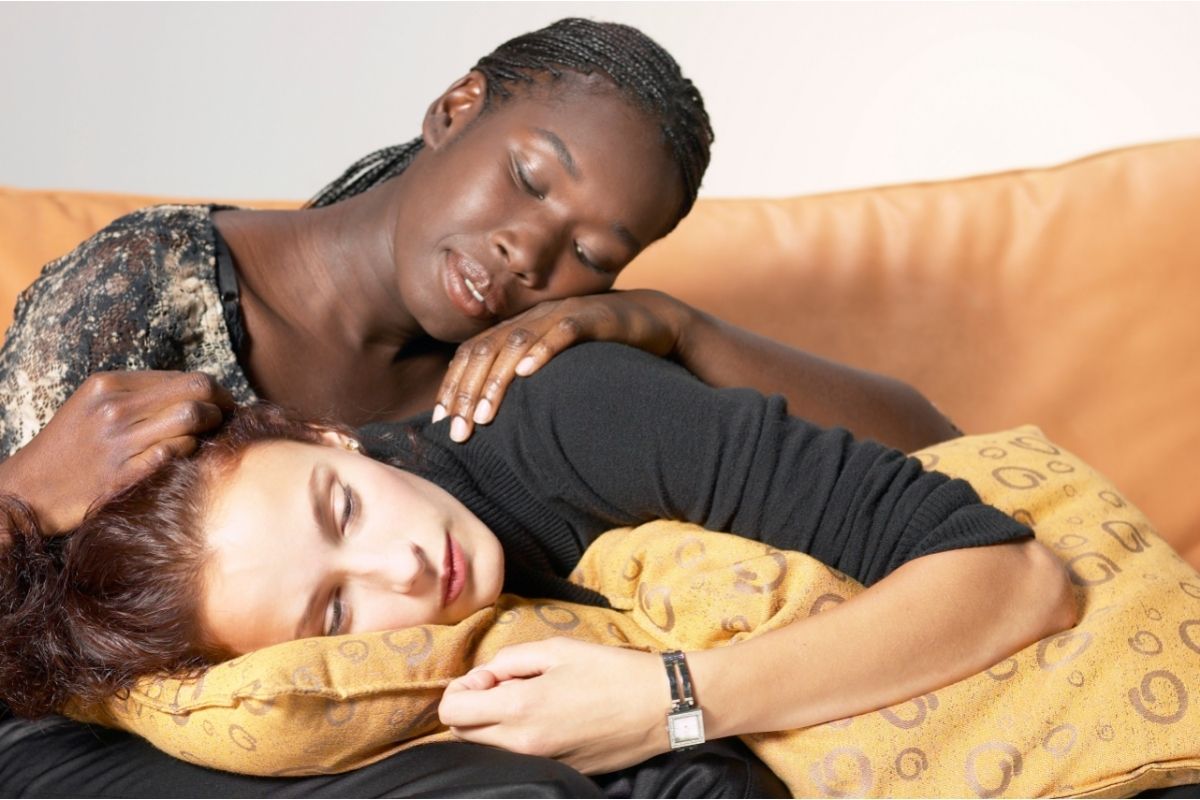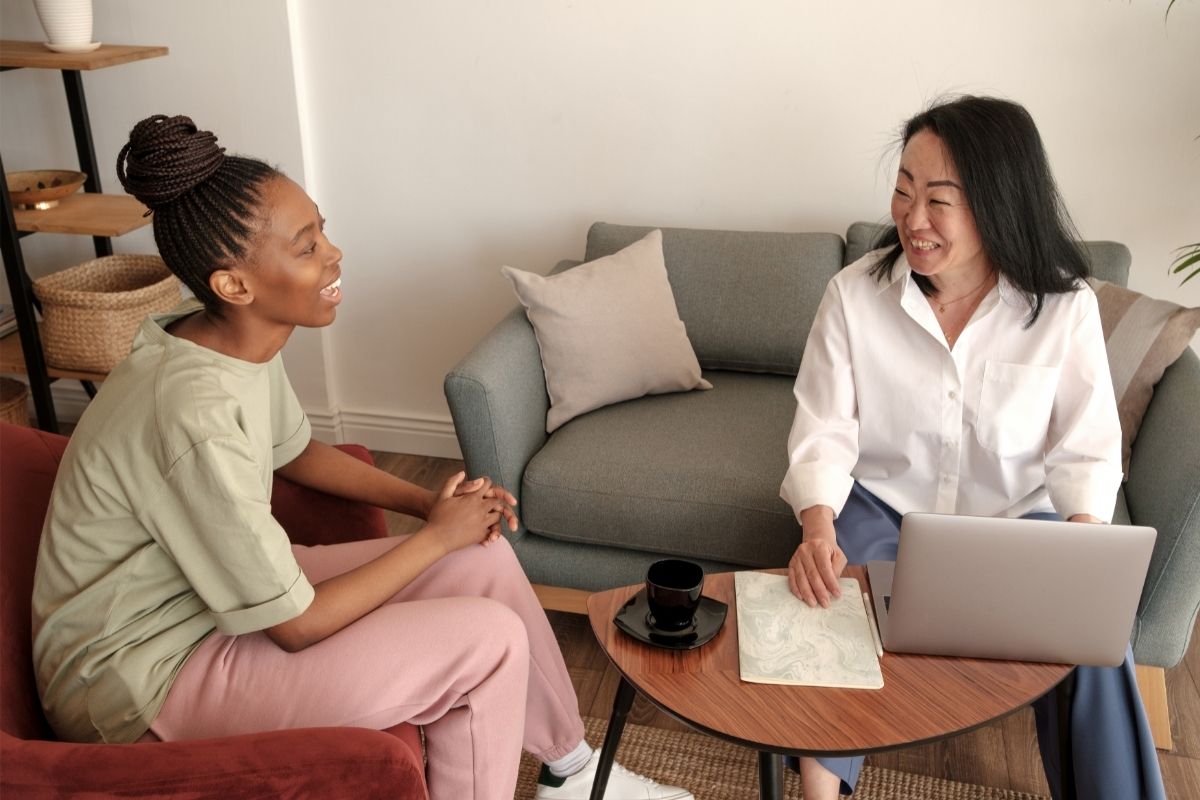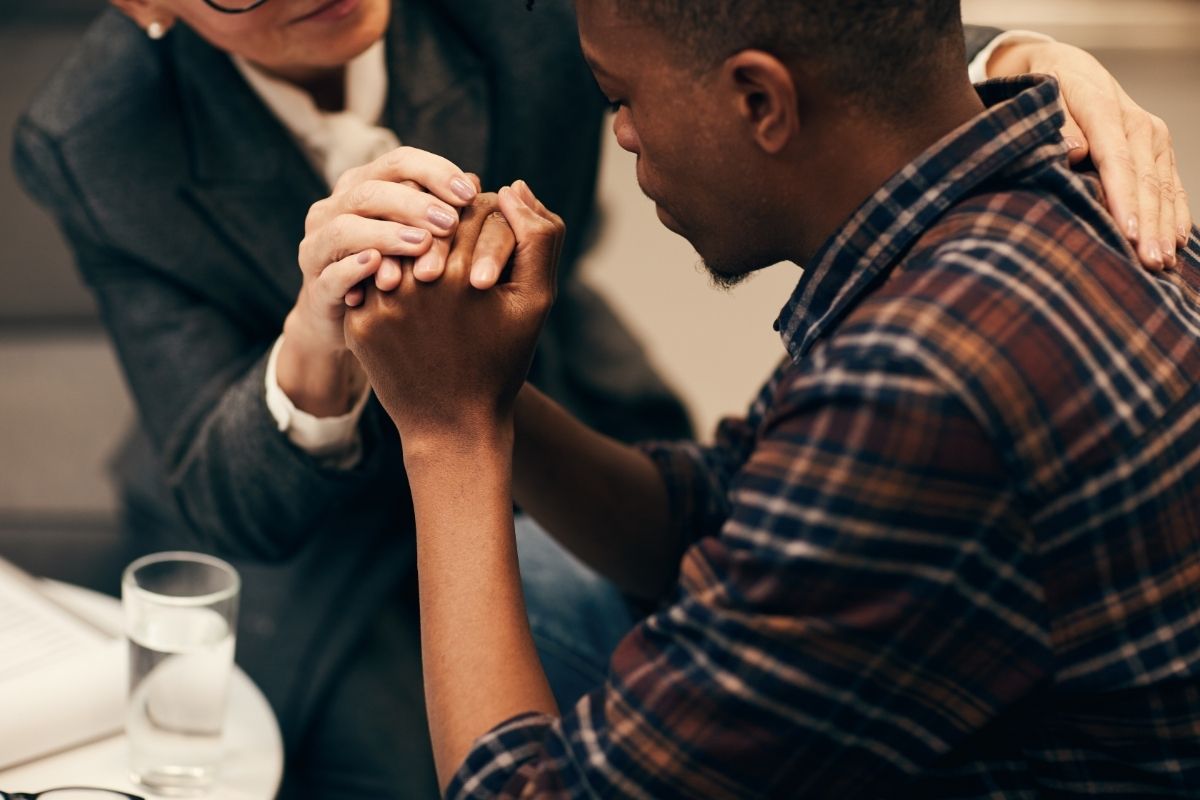How To Stop Being Emotionally Dependent

Emotional dependency is like being stuck in quicksand – the more you struggle, the deeper you sink.
Picture this: You’re on a seesaw, but instead of a playmate on the other end, it’s your emotions.
Every up and down depends on someone else’s mood or actions.
Exhausting, right?
I’ve been there, riding that emotional rollercoaster, my happiness hanging on every text, call, or smile from someone else.
It’s a dizzying ride, but here’s the good news: you can get off anytime you want!
Did you know that about 15% of adults struggle with emotional dependency?
That’s millions of people feeling like their heart’s on a yo-yo string held by someone else.
But don’t worry, I’ve got the scissors to cut that string!
This guide is your ticket to emotional freedom.
Whether you’re dealing with clingy feelings in relationships, work, or just life in general, I’ve got the tools to help you stand on your own two feet.
Stick around, and I’ll show you how to transform from an emotional leech into an independent powerhouse.
By the end of this article, you’ll have the know-how to **break emotional dependency** and start living life on your own terms.
Ready to become the boss of your own feelings?
Let’s dive in!
Emotional Independence 101: Your Freedom Flight Plan
Ever feel like your emotions are a runaway train, and someone else is at the controls?
Let’s put you back in the driver’s seat!
Here’s your roadmap to emotional freedom:
Step 1: Unmasking the Emotional Bandit
First things first, let’s play detective with your feelings.
Why do you feel like you need someone else to be okay?
Are you scared of being alone?
Worried you’ll make a mess of things without backup?
It’s like being afraid of the dark – once you turn on the light and see what’s really there, it’s not so scary anymore.
Understanding why you’re emotionally dependent is like finding the key to a locked door.
Once you’ve got it, you can open up a whole new world of independence!
And hey, while you’re on this detective mission, why not brush up on your sleuthing skills?
Check out this guide on how to tell if your partner is lying about cheating.
It might come in handy for spotting other emotional traps!
Step 2: Emotions 101 – Becoming Your Own Feelings Teacher
Time to get up close and personal with your feelings.
Think of your emotions like wild animals.
If you don’t understand them, they seem scary and out of control.
But once you learn their habits, you can work with them instead of running away.
Maybe you feel insecure because you never learned to trust yourself.
Or you might be scared of being alone because you’ve never really tried it.
Once you can name and understand your emotions, they lose their power over you.
It’s like turning on the lights and realizing the monster in the closet was just a pile of laundry all along!
Step 3: Taking the Wheel – You’re the Boss of You
It’s time to stop playing the blame game and step up to the plate.
Your feelings?
They’re yours.
Not your partner’s, not your boss’s, not your best friend’s.
All yours.
It’s like being the captain of a ship.
You can’t control the weather, but you sure can steer the boat.
No more “You made me feel bad!”
Instead, try “I’m feeling bad, and I need to figure out why.”
This shift is huge.
It’s like learning to stop being a pushover – you’re taking back control of your life!
Step 4: Finding Your North Star
Emotions aren’t the enemy.
They’re more like a compass, pointing you towards what matters.
Feeling angry?
Maybe it’s showing you something that needs to change.
Sad?
Perhaps it’s highlighting something you value.
Even those tough emotions like anger that makes you want to break things can teach you something valuable.
Use your emotions as clues to what’s important in your life.
It’s like being a treasure hunter, with your feelings as the map!
Step 5: Action Jackson – Be the Hero of Your Story
Feeling anxious about speaking up at work?
Speak up anyway!
Mad at your friend?
Have that tough conversation.
It’s like jumping into a cold pool – scary at first, but refreshing once you’re in!
Taking action is your superpower against emotional dependency.
Every time you face a fear, you’re building your independence muscles.
Step 6: Flip the Script – New Eyes, New You
Time to put on your optimism goggles!
Instead of dwelling on past hurts or future worries, focus on the now.
What can you do today to make your life awesome?
It’s like being the director of your own movie.
You can’t change the scenes you’ve already shot, but you’ve got total control over what happens next.
Remember, today’s challenges are tomorrow’s funny stories.
So why not start writing a blockbuster?
Step 7: Call in the Cavalry – You’re Not Alone
Feeling overwhelmed?
That’s your cue to reach out.
Talk to friends, family, or even a pro.
Sometimes, just saying your worries out loud makes them shrink.
And if you’re feeling stuck, there’s no shame in opening up in therapy.
It’s like having a personal trainer for your mind!
Your Emotional Independence Day Starts Now!
Breaking free from emotional dependency isn’t a sprint, it’s a marathon.
But with each step, you’re getting stronger and more independent.
Remember, millions of people are on this same journey.
You’re not alone, and you’ve got this!
Who’ll benefit most from this emotional independence guide?
Anyone who’s ever felt like their happiness depends on someone else.
Whether you’re a relationship chameleon, a people-pleaser, or just someone who wants to feel more in control of their emotions, these steps are your ticket to freedom.
So, are you ready to declare your emotional independence?
It’s time to stop being a passenger in your life and start being the driver.
Your journey to emotional freedom starts now.
Let’s make every day your Emotional Independence Day!

Author: Michelle Landeros, LMFT
Michelle Landeros is a Licensed Marriage Family Therapist (LMFT). She is passionate about helping individuals, couples and families thrive.





